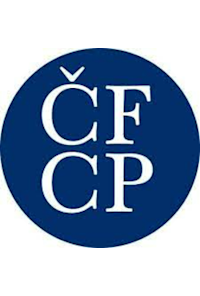Tamás Pálfalvi • Czech Philharmonic
Deildu
Tamás Pálfalvi • Czech Philharmonic by Stravinsky, Srnka, Eötvös, fös 13 des 2019, Frá (2019/2019), Hljómsveitarstjóri Peter Eötvös, Rudolfinum — Dvořák Hall, Prague, Czech Republic
Skoða leikara og áhöfn fyrir 13 des 2019
Veldu VinnaSymphony in 3 Movements, K073 (Symphony in Three Movements), Stravinsky
Framleiðandi
Conductor
Tækjabúnaður
Trumpet
Hljómsveit
Hljómsveit
Lærðu meira um tónskáld
Lærðu meira um tónlistarstarf


